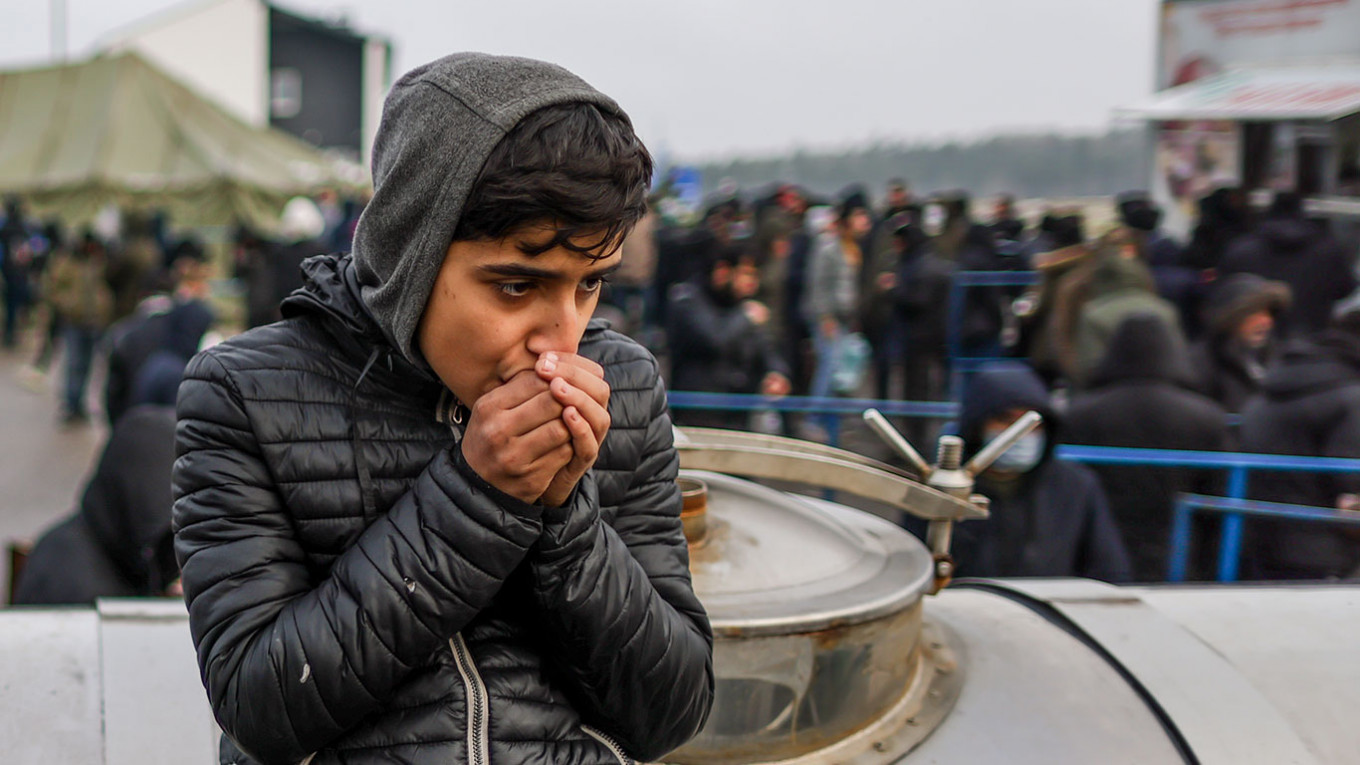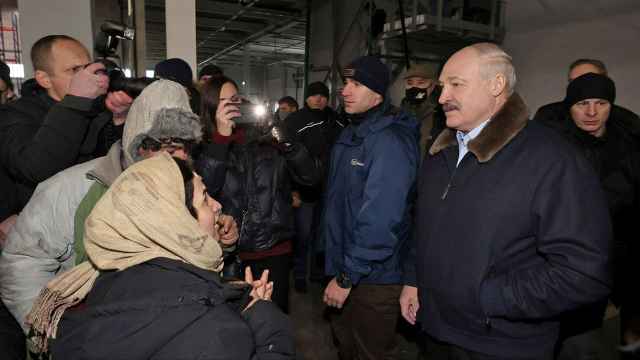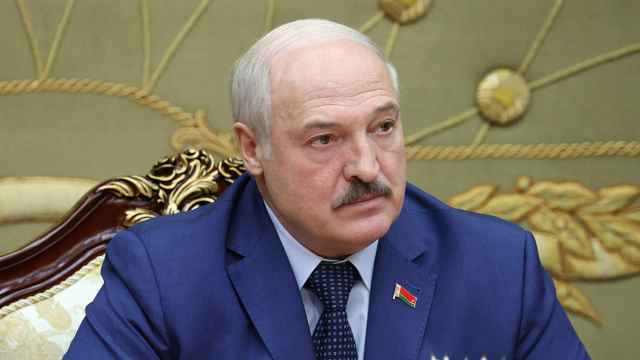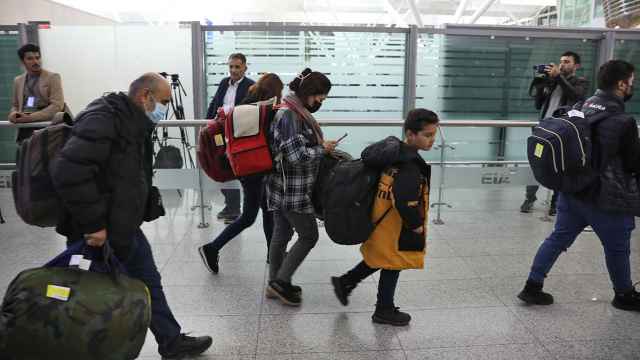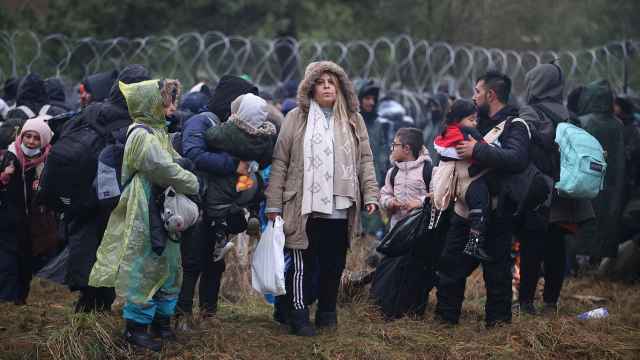Amnesty International on Monday accused Belarus and EU member Poland of subjecting migrants to “brutal violence” as they sought entry to the European Union.
The human rights organization said it collected testimonies from 72 affected Iraqi, Syrian and Sudanese nationals who described being pepper-sprayed and beaten with batons. With several of them traveling with family and friends, the testimonies account for a total of 192 affected people, it said.
Belarusian border forces subjected the migrants to “serious torture or other ill-treatment, including people being deprived of food, water, shelter, and sanitation, as well as theft of phones and money or extortion for bribes,” AI said.
“Instead of receiving the care they need, they are subjected to brutal violence,” Jennifer Foster, AI’s refugees and migrant rights researcher, said in a statement.
Those who managed to cross into Poland had their phones damaged, were pepper sprayed and pushed into rivers by Polish security services to return to Belarus, AI added.
The UK-based nonprofit said Belarusian authorities refused to grant it access to interview migrants still stranded at the border zone.
“People at the border find themselves between a rock and a hard place,” AI said, adding that “the opposing forces are playing a sordid game with human lives.”
Thousands of migrants, mainly from the Middle East, have traveled to Belarus in recent months, camping out near the Polish border and attempting to cross into the country in what became the biggest challenge to the EU’s borders since the 2015 migrant crisis.
Western governments accused longtime Belarusian President Alexander Lukashenko of waging “hybrid war” by luring the migrants to his country to spark a border crisis with the EU in revenge for Western sanctions. Lukashenko denies the accusations.
AI also accused EU members Poland, Latvia and Lithuania of violating the migrants’ rights by holding them at the border for weeks and making deportations easier.
While some migrants managed to cross into EU territory, most ultimately returned to their home countries on specially organized evacuation flights.
“Belarus must immediately cease this violence, and EU member states must stop denying people the chance to escape these egregious violations let alone returning them to Belarus to face them again and again,” it said.
Also on Tuesday, the UN said that a team it had sent to monitor the migrant crisis had been denied access to the border area on either side.
A Message from The Moscow Times:
Dear readers,
We are facing unprecedented challenges. Russia's Prosecutor General's Office has designated The Moscow Times as an "undesirable" organization, criminalizing our work and putting our staff at risk of prosecution. This follows our earlier unjust labeling as a "foreign agent."
These actions are direct attempts to silence independent journalism in Russia. The authorities claim our work "discredits the decisions of the Russian leadership." We see things differently: we strive to provide accurate, unbiased reporting on Russia.
We, the journalists of The Moscow Times, refuse to be silenced. But to continue our work, we need your help.
Your support, no matter how small, makes a world of difference. If you can, please support us monthly starting from just $2. It's quick to set up, and every contribution makes a significant impact.
By supporting The Moscow Times, you're defending open, independent journalism in the face of repression. Thank you for standing with us.
Remind me later.


